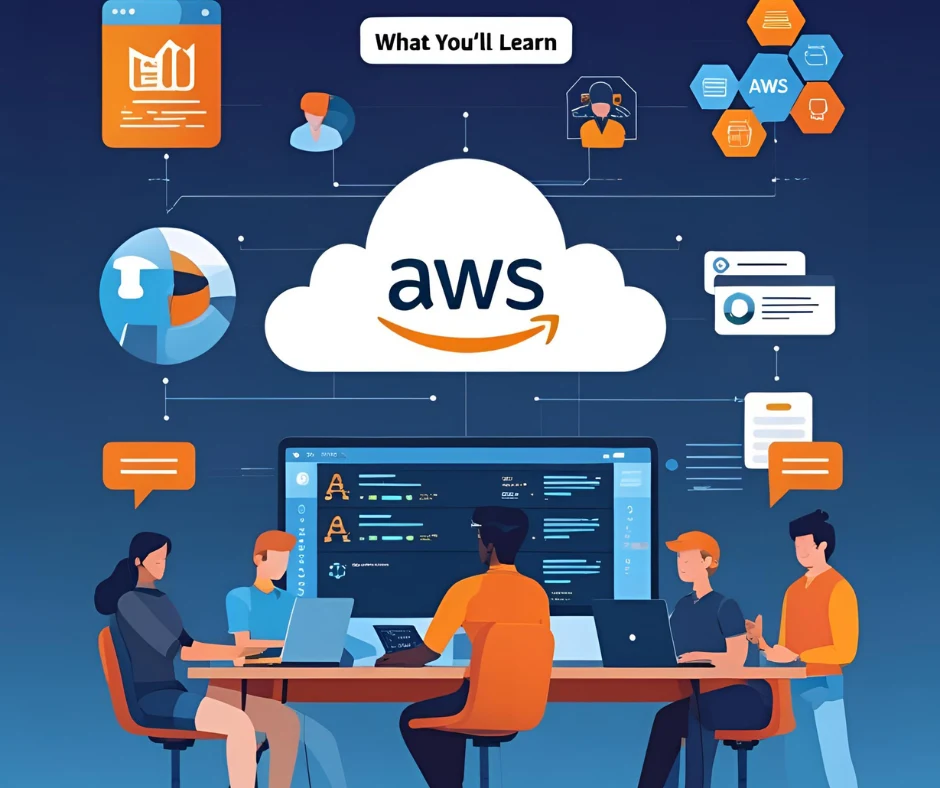In DevOps, you don’t just deploy—you monitor, troubleshoot, and optimize.
Tools You’ll Learn:
Amazon CloudWatch: Logs, metrics, alerts, dashboards
CloudTrail: Track user and API activity
X-Ray: Debug distributed apps
Real-World Scenarios:
Set up alarms for failed deployments
Monitor resource usage (CPU, memory, network)
Analyze logs for root cause detection
Cloud Institution simulates incident scenarios so you learn not just how to set up CloudWatch—but how to respond to alerts like a pro.

